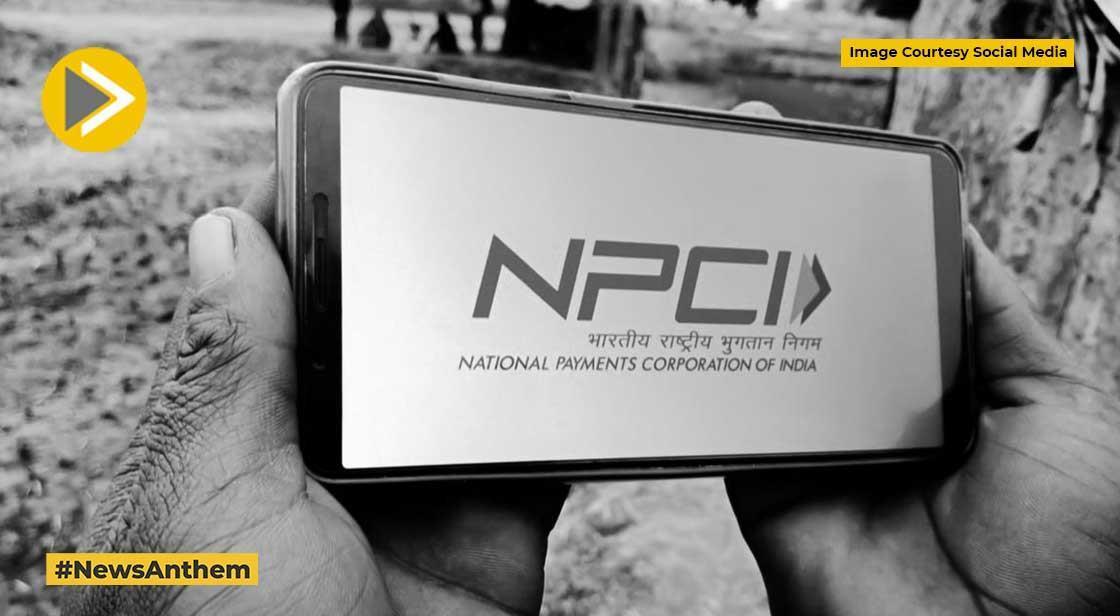NPCI Brings Real-Time PAN and Bank Account Verification for Faster Tax Refunds

News Synopsis
In an effort to simplify and accelerate the validation of Permanent Account Numbers (PAN) and bank account details on the Income Tax e-filing portal, the National Payments Corporation of India (NPCI) has introduced a new Application Programming Interface (API)-based service. This real-time facility allows secure and instant verification of user credentials such as PAN information, bank account status, and account holder identity, all sourced from the Core Banking Systems (CBS) of member banks.
Government to Leverage API for Customer Verification
In its circular dated June 17, National Payments Corporation of India (NPCI) stated that these API services, previously accessible to banks and government departments, will now also be used for validating PAN and bank account information.
"This API will be used by Government departments to verify the customer account details like PAN validation/Account Status Validation/Account holder name validation from their bank CBS," read a notice by NPCI.
The move is part of the broader mission to enhance the efficiency of India’s tax infrastructure and digital financial systems.
What is an API and How Will It Help Taxpayers?
An Application Programming Interface (API) is a software interface that enables different systems to interact and exchange data. With NPCI’s introduction of this API for the Income Tax Department, the real-time validation of PAN and bank account details will be enabled securely and automatically from the bank’s backend systems.
"Technical specifications and comprehensive integration guidelines for the NACH PAN & Account Verification API shall be shared separately with the banks," NPCI added.
Key Benefits of NPCI’s API-Based Validation
The rollout of this service is expected to significantly benefit both taxpayers and banks. Here's how:
Key Benefits of NPCI’s API-Based Validation For Taxpayers:
-
Quicker PAN-bank account linking
-
Reduced manual errors in document verification
-
Faster tax refunds and credit processing
-
Enhanced security of personal and financial data
Key Benefits of NPCI’s API-Based Validation For Banks:
-
Improved data accuracy
-
Faster response time for account verification
-
A push toward system modernization and digital readiness
Implementation Challenges for Banks
Despite its benefits, the integration will require banks to upgrade their existing systems to comply with NPCI's secure API standards. Ensuring the robustness and cybersecurity of these upgraded systems will be crucial in retaining public trust in India's digital financial infrastructure.
A Step Forward in India’s Digital Payment Vision
This initiative by NPCI contributes to the Digital India vision, aiming to streamline financial transactions and deliver a seamless taxpayer experience. However, successful execution will depend on collaboration between banks, government departments, and NPCI. Such unified efforts are critical to address technical, operational, and cybersecurity concerns.
Conclusion
The introduction of NPCI’s real-time API for PAN and bank account verification marks a significant advancement in India’s tax and digital payment infrastructure. By enabling instant and secure validation through the Core Banking Systems of member banks, this initiative promises to make income tax processes—especially refunds—faster, more accurate, and highly secure.
Taxpayers stand to benefit from quicker PAN-bank account linking, fewer manual errors, and expedited refunds, while banks are encouraged to upgrade their systems for better efficiency and compliance. However, these upgrades also bring operational and cybersecurity challenges that must be addressed with utmost diligence.
This move is a part of the broader push towards a more transparent and tech-driven financial ecosystem under the Digital India initiative. The success of this transition will depend heavily on seamless integration and collaboration between NPCI, banks, and government departments. If implemented effectively, the API-based validation could revolutionize how taxpayers interact with India’s digital financial platforms.
You May Like









